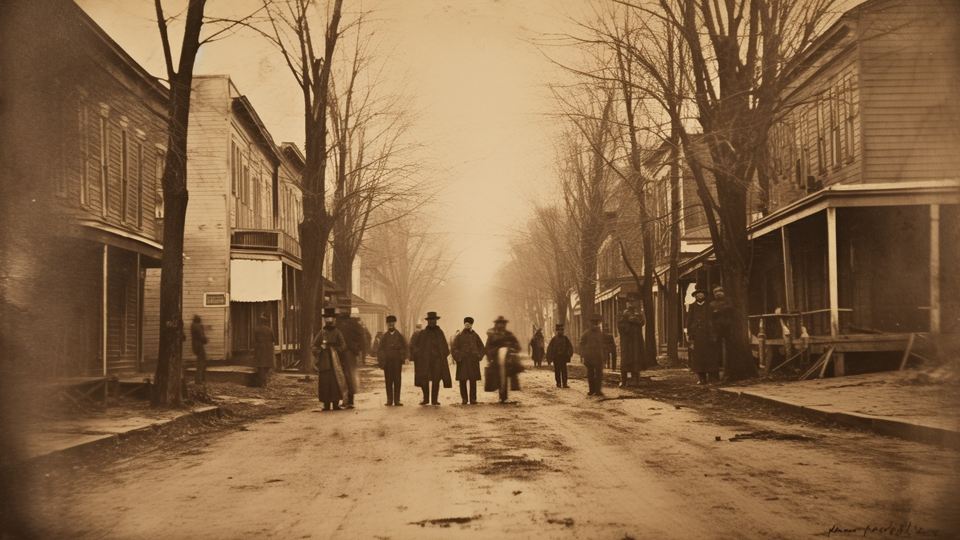Secession Precipitationists Force the Upper South's Hand

Southern fire-eaters who had long dreamed of secession knew that anxieties stirred by the election of Abraham Lincoln gave them the perfect chance to stoke the flames of disunion – but only if people didn't have much time to think through the consequences.
This week's video – which is as much of a rush job as secession was, since I'm traveling – is based on an excerpt from David M. Potter's Lincoln and His Party in the Secession Crisis. Here's a bit more from Potter:
If the secession cause lacked substantial popular support within the individual states, even more did it lack strength in the South as a whole. Consequently, secessionists were obliged to achieve their purpose through the piecemeal acts of the individual states rather than through the action of the South in unison. This disunion activity, which its protagonists publicized, and which historians have accepted, as a "Southern movement," was not, in the sense of volition, a "Southern" movement at all, and no one knew this better than the secessionists themselves. Because of this knowledge, they renounced at the outset any "co-operationist" effort to coordinate the action of the several states through a convention in which all Southern states would be represented. Because of this knowledge, also, they resorted to unilateral action, in order that the secessionist action of one state might influence the decision and force the hand of neighbor states. In this unilateral action, they possessed the great strategic advantage of being able to change the issue from one of the desirability of secession, on which the South was hopelessly divided, to one of the right of secession, on which the South was approximately united. The states of the upper South did not want the issue to take this form, for they believed in the doctrine and deplored its exercise, but they were helpless in the hands of the precipitationists. When war came, four states which had refused to invoke secession on their own account, felt themselves compelled to invoke it in support of seceded states.
The four years of conflict which ensued caused most Southerners to forget how sharply they had been divided, but, for a time, the men of the upper South knew that their hand was being forced, and they resented it.
See you next post. If you'd like to get these delivered to your inbox (for free), hit the subscribe button and enter your email address. You may need to check your spam folder for the confirmation email, but I'll never spam you or share your address. You'll just get these posts with the video embedded. (If you use Gmail, you may need to drag the first regular email from your Promotions folder to your inbox, but then you should be good to go.)
